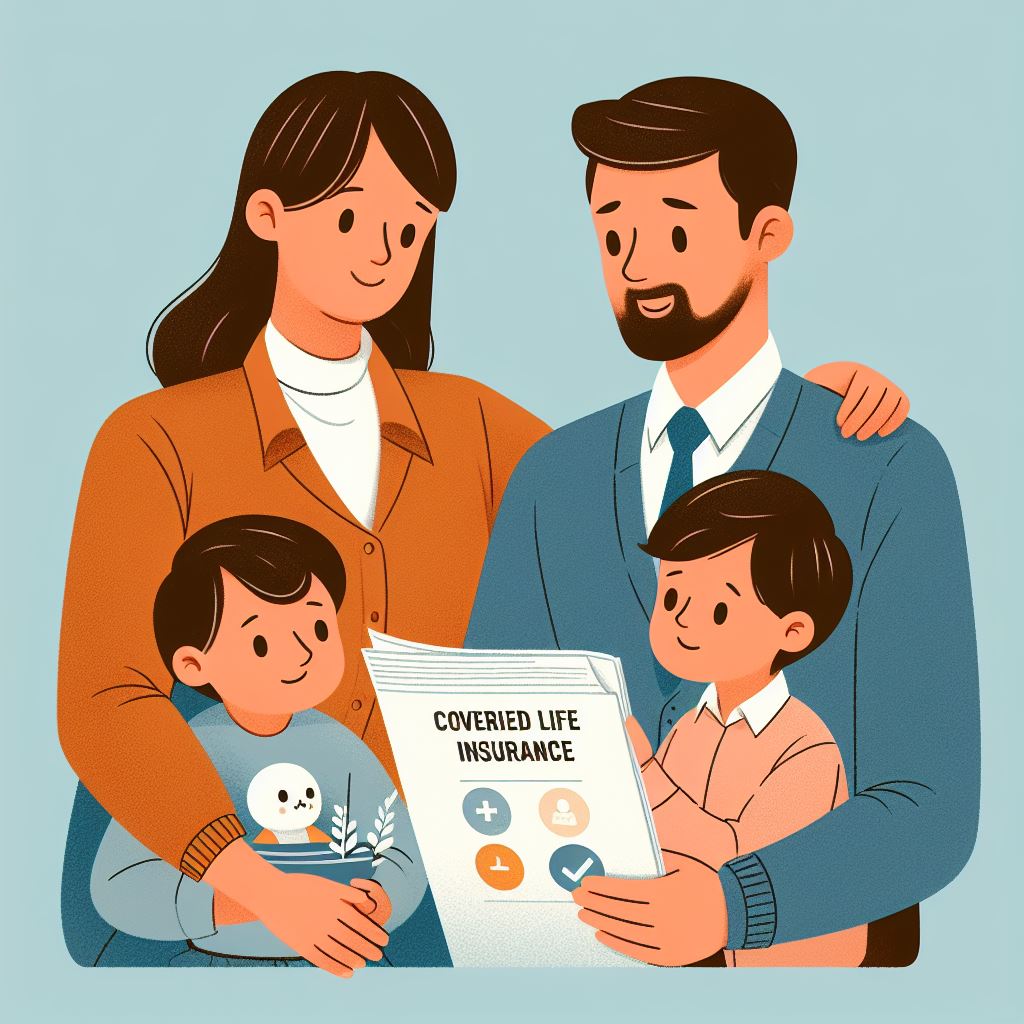
Exploring the Tax Implications of Life Insurance Beneficiary Designations
Life insurance is a valuable tool for providing financial security to your loved ones after your passing. San juan Whole life insurance proceeds are generally tax-free for beneficiaries, there are certain scenarios where taxes may come into play. Understanding the tax implications of life insurance beneficiary designations can help you make informed decisions to ensure that your beneficiaries receive the intended benefits.
Tax-Free Nature of Life Insurance Payouts:
In most cases, the death benefit paid to life insurance beneficiaries is not subject to federal income tax. This tax-free status ensures that the intended beneficiaries receive the full benefit amount without deductions.
Taxable Estate and Estate Taxes:
Best life insurance in san juan proceeds are generally not included in your taxable estate for federal estate tax purposes. However, if you own the life insurance policy, the policy's death benefit may be included in your taxable estate if the ownership isn't properly structured.